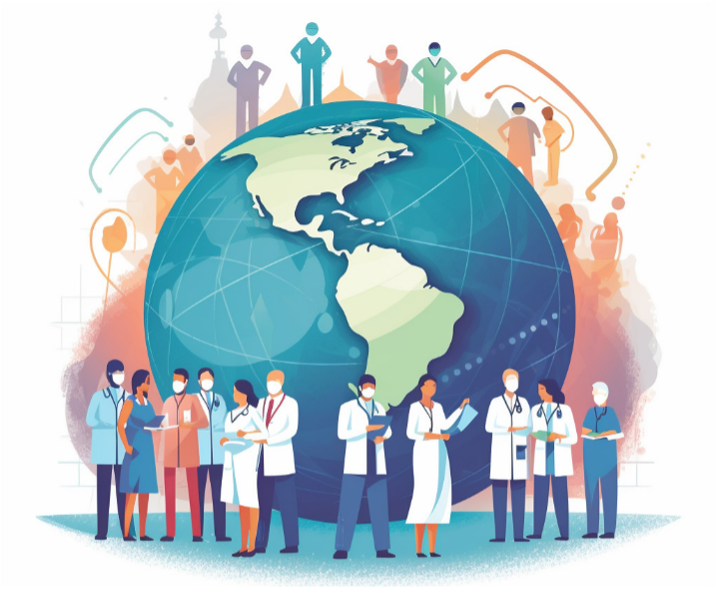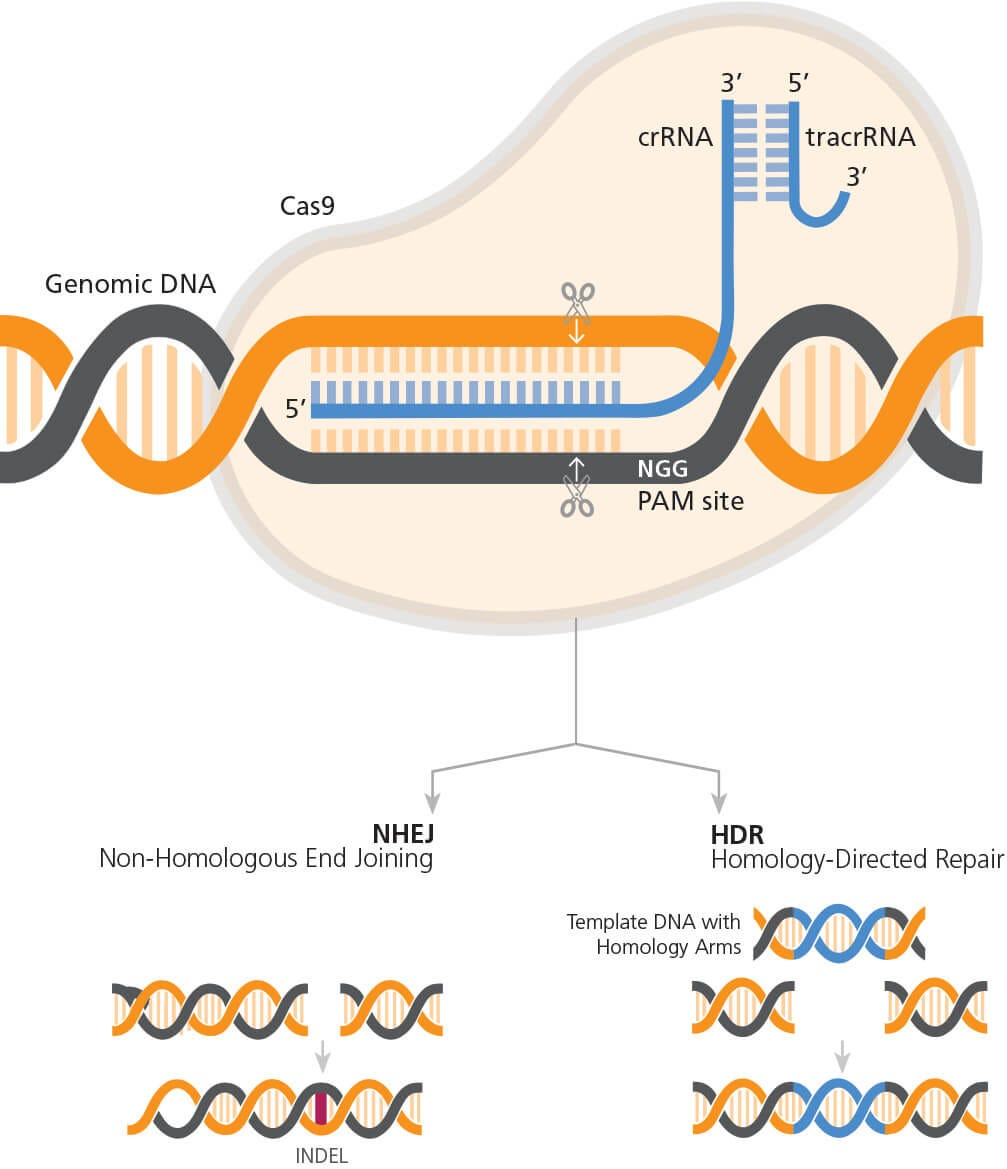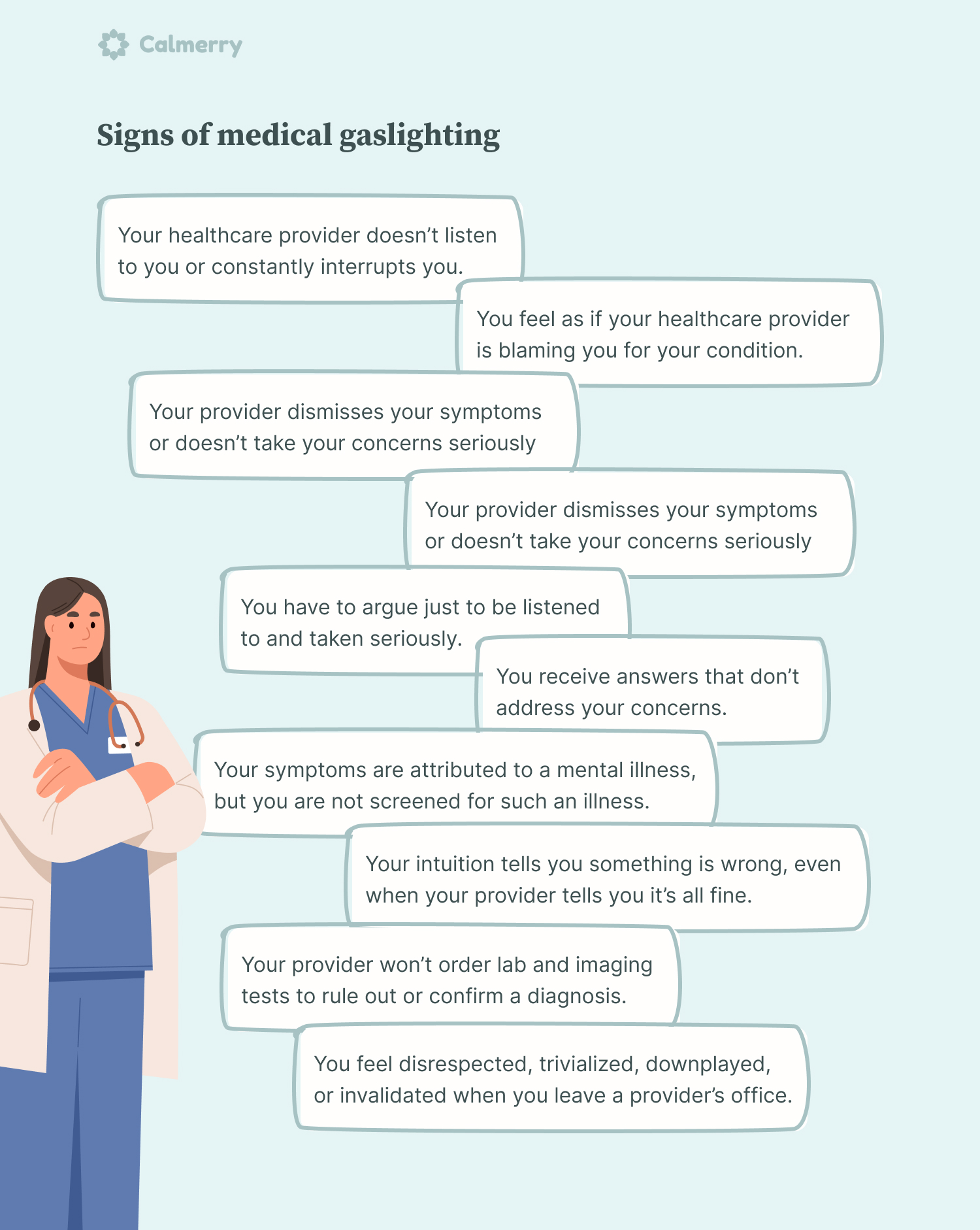Global health has emerged as a critical issue that demands immediate attention from leaders and policymakers across the globe. Renowned surgeon and public health advocate Atul Gawande emphasizes the urgent need for revitalizing our health and science infrastructure, particularly after the detrimental changes implemented at the U.S. Agency for International Development (USAID). With more than 85 percent of its programs terminated, the impact on millions of lives is profound, underscoring the importance of strong global health leadership. The necessity of collaboration in addressing public health challenges is greater now than ever, calling for innovative solutions and sustainable strategies to improve health outcomes worldwide. As we reflect on these pressing concerns, it is clear that a commitment to enhancing global health must remain at the forefront of our collective efforts.
The realm of international health is increasingly recognized as pivotal for achieving equity and wellness for all populations across borders. As various nations grapple with health crises and the repercussions of mismanaged resources, the role of organizations like USAID becomes indispensable in orchestrating global health strategies. Atul Gawande’s insights shed light on the critical junction we find ourselves in regarding the support and maintenance of health systems that ensure public health is addressed holistically. The conversation surrounding the enhancement of health infrastructure and the continuity of successful health programs is no longer limited to one country but resonates universally. Thus, fostering strong global health initiatives is essential for sustainable development and improved health standards worldwide.
The Impact of USAID Cuts on Global Health
The dismantling of the U.S. Agency for International Development (USAID) has resulted in a harrowing setback for global health initiatives around the world. Atul Gawande, a prominent figure in health leadership, emphasizes that the effects of these cuts are not just limited to the agency itself but are felt in the communities that rely on its programs. With a staggering 85% reduction in USAID’s programmatic reach, millions of people across various nations are at risk of losing vital health services, which include life-saving interventions in maternal and child health, disease surveillance, and emergency response.
Moreover, the funding freezes and staff layoffs create a ripple effect, jeopardizing ongoing research and public health efforts that had previously shown promising results. For instance, USAID played a crucial role in combating diseases like HIV, tuberculosis, and malaria, improving health outcomes for tens of millions. The operational infrastructure cultivated through years of dedicated work is now compromised, which not only raises immediate health concerns but also poses long-term repercussions for public health systems across the globe.
Atul Gawande’s Vision for Health Infrastructure Restoration
Atul Gawande’s experiences at USAID provide a unique perspective on the essential elements required for restoring health infrastructure. He argues that while the agency may never return to its former glory, it’s not too late to salvage its impactful work in global health. Gawande stresses the importance of utilizing existing talent and scientific knowledge to enhance public health systems, advocating for a renewed commitment to science and evidence-based practices. In this light, he encourages students and emerging health professionals to stay engaged and contribute to restoring trust in public health initiatives.
His point on the necessity of consistent follow-through underscores a broader lesson: maintaining health advancements requires sustained effort and investment. Successful health programs often hinge on technical assistance that ensures vaccinations and treatments reach adequate coverage rates. Hence, Gawande’s advocacy for collective action and partnerships at local and international levels seeks to not only mitigate the impact of current setbacks but also to prepare the foundation for a more robust health infrastructure in the future.
Challenges Facing Global Health Leadership
The field of global health leadership is currently navigating a landscape marred by uncertainty and change. Gawande’s remarks highlight a troubling trend regarding the U.S.’s diminishing role in global health governance, raising concerns about who will lead efforts to address pressing health issues. As the traditional structures falter, there is a strong possibility that other nations will step up to fill the leadership void, potentially reshaping the dynamics of international public health collaboration.
This shift underscores the need for adaptive strategies that can respond to global health threats effectively. Health leaders must find ways to leverage existing resources and cultivate innovation in local contexts while remaining connected to international networks. Gawande’s vision insists that irrespective of the prevailing geopolitical environment, the fight for global health continuity must endure, and emerging leaders, especially from within academic and medical institutions, are crucial to this mission.
The Role of Science in Public Health
Atul Gawande passionately advocates for the central role of science and accountability in shaping effective public health policies. He asserts that scientific inquiry should guide health practices and policies, especially in times of crisis when misinformation can undermine public trust and health outcomes. The relationship between scientific research and practical application in health systems is crucial for advancing health measures—whether that involves vaccinations, maternal health, or disease prevention strategies.
Furthermore, Gawande stresses the importance of collaborative research initiatives, such as those supported by universities and institutions like the National Institutes of Health (NIH). These collaborations are vital for developing innovative solutions to current and emergent health challenges. Engaging a multidisciplinary approach that integrates knowledge from various fields will foster a comprehensive understanding of health dynamics, ultimately benefiting global health initiatives.
The Future of Health and Science Funding
The cuts to health and science funding present formidable challenges but also opportunities for innovation in funding models. With traditional sources of funding being threatened, there is an urgent need for health organizations and researchers to explore alternative avenues for financial support. Gawande’s perspective emphasizes the critical need for private, government, and philanthropic partnerships to ensure the sustainability of essential health programs and research.
Innovative funding strategies, such as public-private partnerships, can provide flexibility and resources necessary for effective public health initiatives. By diversifying funding sources and encouraging collaborative ventures, health leaders can work to reverse the adverse effects of recent cuts while laying the groundwork for future health advancements. The need for creative financial solutions is paramount to maintain efforts aimed at minimizing disease and enhancing health outcomes in vulnerable populations.
Transforming Maternal and Child Health Initiatives
One of the most promising areas that Gawande highlights is the improvement of maternal and child health initiatives through USAID’s structural support. He recounts how programs aimed at addressing maternal deaths have already saved millions of lives by providing timely interventions and treatments. As many nations continue to struggle with high maternal mortality rates, the need for effective and sustainable health initiatives remains critical.
However, Gawande also warns that the recent cuts pose a significant threat to these advancements. He emphasizes that maintaining supplies of essential medications and ensuring trained personnel are available is crucial for continued progress. Immediate cuts to staffing and services can result in backsliding of health improvements; thus, advocating for a focus on sustaining and scaling existing programs is vital for protecting mothers and children worldwide.
Advocacy for Evidence-Based Health Policies
In light of the challenges facing public health today, Gawande advocates passionately for evidence-based health policies that ground strategies in scientific research. His insights reflect a critical need for policy makers to prioritize health interventions rooted in evidence to achieve desirable health outcomes. Ensuring that health policies are informed by rigorous data collection and analysis not only strengthens the credibility of public health authorities but also builds public trust.
Furthermore, Gawande emphasizes that effective communication of evidence-based policies is essential for their success. Engaging communities and stakeholders in discussions regarding health policies fosters a collaborative environment where the public can contribute to solutions. This approach not only enhances the implementation of health initiatives but also empowers individuals and communities to take ownership of their health outcomes.
Innovation in Emergency Health Responses
Gawande’s experience at the helm of USAID highlighted innovations in emergency response systems that drastically reduced response times to health crises. By establishing robust networks capable of rapid data sharing and coordination among international agencies, USAID effectively played a role in combatting diseases with agility previously unseen in public health. The approach to transforming emergency health response is a lesson that can inform future strategies across various healthcare systems globally.
The innovations born from USAID’s work illustrate how crucial it is to maintain a preparedness mindset. Countries need to invest in health infrastructure that allows for swift action in the wake of outbreaks, whether that involves training professionals, expanding access to technology, or enhancing data collection capabilities. Gawande advocates for ongoing innovation and adaptation of health systems to remain vigilant against potential health threats that could arise at any moment.
Mobilizing the Next Generation of Health Leaders
As Gawande reflects on his experiences and the current health landscape, he underscores the critical role that the next generation of health leaders will play. He encourages students to embrace their opportunities to contribute to public health, emphasizing the importance of active engagement in global health initiatives. The future of health depends on aspiring professionals leveraging their education and experiences to make meaningful contributions in their communities and beyond.
Enhancing the professional development of new health leaders is essential for fostering a generation equipped to tackle complex health challenges. Mentorship programs, educational frameworks, and experiential learning opportunities will be instrumental in supporting this mobilization. Gawande’s message is clear: the commitment to health and science must not waver, and the responsibility for advancing global health rests with upcoming leaders who must advocate for sustainable health practices.
Frequently Asked Questions
What is the role of USAID in global health initiatives?
USAID, or the U.S. Agency for International Development, plays a crucial role in global health initiatives by funding and managing health programs targeting diseases such as HIV, tuberculosis, and malaria. With a focus on health infrastructure, USAID has developed partnerships across 50 countries to improve health outcomes, reduce maternal and childhood mortality, and enhance disease surveillance, making it a leader in global health’s efforts.
How did Atul Gawande impact public health through USAID?
Atul Gawande significantly impacted public health during his tenure at USAID by advocating for innovative solutions like a treatment package to reduce severe hemorrhaging after childbirth. His work emphasized the importance of technical assistance in global health, showing that effective follow-through can boost vaccination rates and improve overall health outcomes.
What challenges does global health face in the current political climate?
Global health currently faces significant challenges due to funding cuts and reduced staffing within agencies like USAID. The dismantling of crucial programs has put millions at risk, highlighted by Atul Gawande’s insights on the damage to the health infrastructure essential for responses to global health crises.
What are the future implications for America’s role in global health leadership?
The future implications for America’s role in global health leadership are uncertain, as discussed by Atul Gawande. If the U.S. withdraws from global health efforts, other countries and state leaders may take on greater responsibilities, altering the landscape of global health leadership and support.
How can individuals contribute to global health initiatives?
Individuals can contribute to global health initiatives by enhancing their expertise in medical fields, participating in research, and advocating for policies that support health infrastructure. Engaging with organizations like USAID or local health initiatives can also foster impactful changes in communities worldwide.
What are key successes of USAID in global health during recent years?
Key successes of USAID in global health have included establishing rapid disease surveillance networks and programs that significantly reduce maternal and childhood deaths, ultimately enhancing life expectancy for millions. These achievements demonstrate the potential of well-funded and managed public health initiatives on a global scale.
What is the significance of technical assistance in advancing public health?
Technical assistance is vital in advancing public health as it helps bridge the gap between existing capacities and desired health outcomes. By providing support and resources, organizations like USAID can transform health systems, ensuring improvements from 60% to 90% vaccination coverage, which is essential for effective health interventions.
| Key Points | Details |
|---|---|
| U.S. Agency for International Development (USAID) Dismantling | Atul Gawande discusses the severe impacts of the Trump administration’s cuts to USAID, which resulted in loss of personnel and programs. |
Summary
Global health is at a critical juncture due to recent disruptions in U.S. leadership and funding for health initiatives. The dismantling of the USAID under the previous administration has resulted in ‘devastating’ ramifications, particularly for global health surveillance and disease response programs. Despite these setbacks, there remains a profound need for global health expertise and commitment to ensure that essential health services and innovations continue to thrive.



